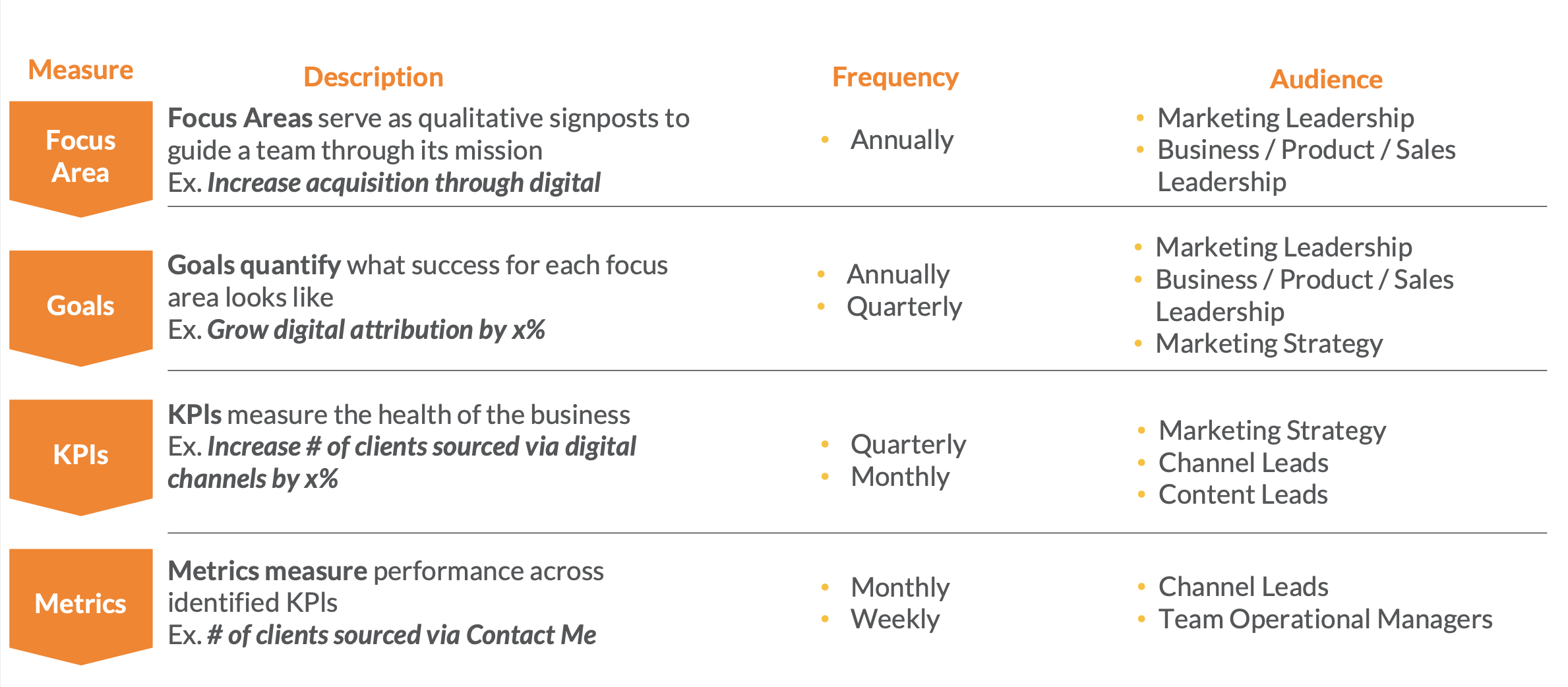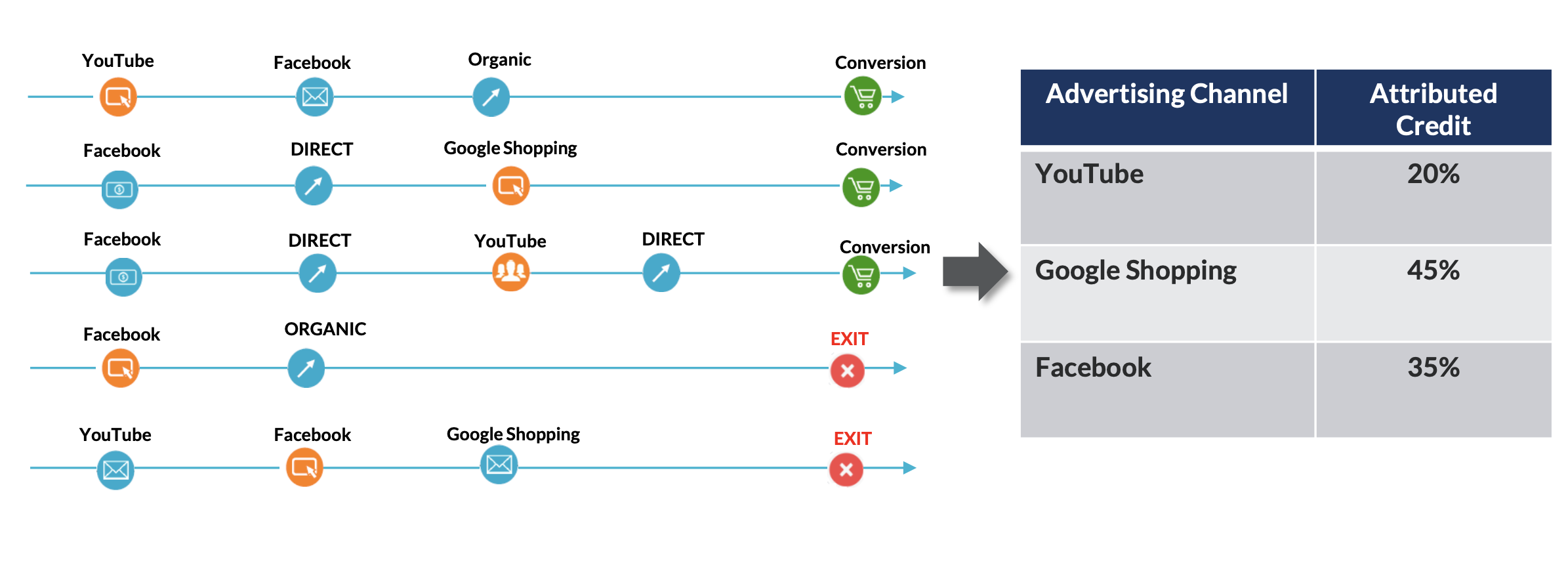How do you measure the effectiveness of your marketing campaigns?
Have you ever felt that some marketing channels’ data seems to be located in “a void” – meaning it’s hard to discover their actual impact?
Channels like connected TV, satellite radio, digital advertising, email, and social networks have made marketing campaign analysis a complex field for marketers.
But you can find valuable insights for your strategies – if you know where to look.
Luckily, you’ll uncover precisely where this hidden data lies, right now.
On September 28, I moderated a webinar by Shaubhik Ray, Senior Director of Digital Analytics at iQuanti.
Ray explained how you can improve your ability to predict the success of your marketing programs.
Here is a summary of the webinar.
To access the entire presentation, complete the form.
The What, Why & How Of Marketing Effectiveness
Marketing effectiveness goes hand-in-hand with efficiency. If your marketing is performing effectively, the cost of acquiring or executing a campaign is more efficient.
The underlying goal of all marketers is to understand the actual return on their investment in different channels.
It’s important to measure marketing effectiveness because you want to optimize:
- Marketing performance.
- Marketing budget.
- Business performance.
However, isn’t always easy to track due to external and internal factors.
[Learn Your Barriers Of Effectiveness] Instantly access the webinar →
Measurement Techniques To Use To Guage Success
First, create a KPI framework to identify your important business KPIs.
Next, design a solution to capture your company’s KPIs accurately.
Then, standardize your channel data collection.
Finally, develop a structured approach to identify what marketing KPIs should be collected for measuring business success.

Once you understand the different metrics you’re capturing, focus on standardizing how you capture this data.
These methods can include:
- Campaign tagging framework.
- Campaign naming conventions.
- Roll-out of a campaign tracker.
Advanced Techniques For Measuring Effectiveness
You can measure marketing campaign effectiveness by tracking:
- Attribution.
- Cause & Effect.
- Marketing Mix Modeling.
Digital Attribution
Digital Attribution is the science of assigning credit to each marketing touch point of the customer journey based on that touch point’s influence on their ultimate conversion decision.

Approaches include rule-based and algorithmic attribution.
[Learn What These Are & How They Help] Instantly access the webinar →
Incrementality: Proving Cause & Effect
Incrementality in marketing is the lift or increase in the desired business outcome (e.g., awareness, web visits, conversions, revenue) resulting from a marketing intervention.
You can approach this on a user level or geo-level.
[Learn More] Instantly access the webinar →
Marketing Mix Modeling
Marketing Mix Modeling (MMM) is a statistical technique used to identify and quantify the relationship between a pre-defined KPI like sales and the factors influencing them.
This approach is privacy friendly, holistic, and flexible.
[See it in action] Instantly access the webinar →
Metrics For Measuring Marketing Spend
By analyzing the spend metrics you’re tracking for the particular campaign, you can get a good understanding of how effective different campaigns are.
There are a lot of spend metrics, but the three cost metrics that help you understand how well each of your campaigns is performing are:
- Cost Per Acquisition (CPA).
- Cost Per Incremental Acquisition (CPIA).
- Marginal Cost Per Acquisition (MCPA).
[Take a closer look at each metric] Instantly access the webinar →
Now that you know the techniques and metrics, you can go on selection.
How To Select The Right Measurement Techniques
Consider the following factors while selecting the proper measurement techniques:
- Availability Of Data
- Is the data foundation in place?
- Availability of historical data and granularity of data.
- Availability Of Resources
- What’s the current tech stack for measurement?
- Access to skilled resources.
- The Use Case
- The primary objective of the analysis.
- Industry and customer journeys (path to conversion).
Knowing where to look allows you to find valuable insights for your strategies, gain clarity, and move in the right direction with your campaigns.
[Find Your Best Measurement Technique] Instantly access the webinar →
Measuring Marketing Effectiveness: What You Need To Know [Webinar]
Here’s the presentation:
Join Us For Our Next Webinar!
The State of AEO & GEO in 2026: Forecast, Investments, & Strategies
In this webinar, Conductor’s Pat Reinhart, VP of Services & Thought Leadership, and Lindsay Boyajian Hagan, VP of Marketing, provide exclusive insights and commentary from The State of AEO/GEO in 2026 Report.
Image Credits:
Featured Image: Paulo Bobita/Search Engine Journal


